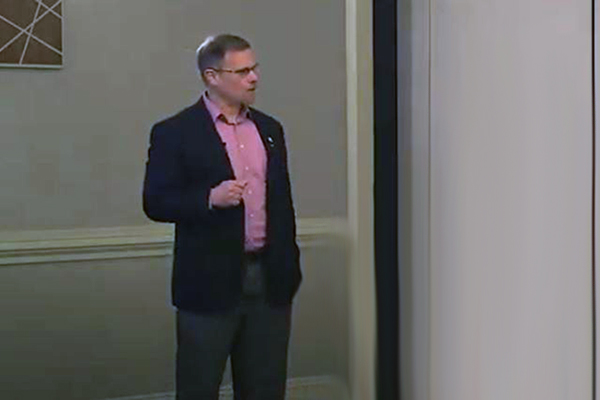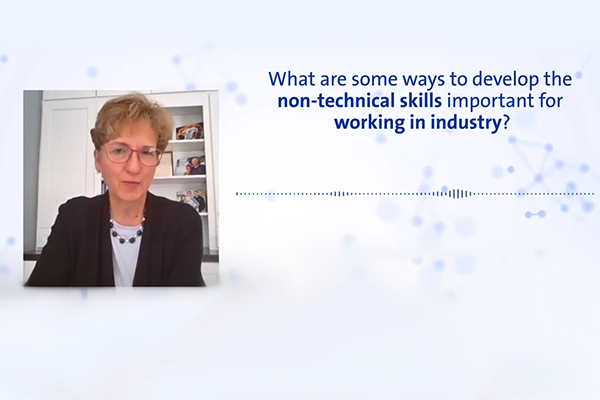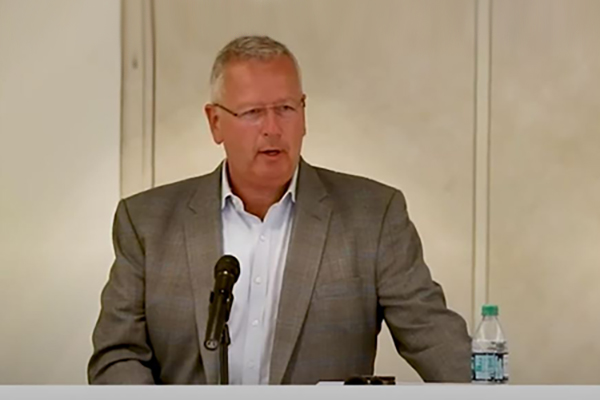Visit https://bmgt.org/bill/ to see the entire presentation on this topic.
William F. Carroll, Jr. Adjunct Professor, Indiana University, Carroll Applied Science, LLC, 2005 ACS Past President: [00:00:00] I want to talk a little bit about some of the things that I think I've learned over the last 40 years in working in this industry. And I have to tell you, I'm not a big fan of motivational speakers because usually what happens after you listen to a motivational speaker, say, "God, that was a great talk, but I don't remember a thing he said." So what I'm hoping is that from this potpourri of stuff that you're going to hear, that maybe there's one thing in there that you can take away that will be of use to you, that you can use in your professional life. At least that's my hope.
So you hear people talk a lot about branding. And these are some things that Lisa and I do when we do career pathways workshops, we talk to people about their personal brands. Well, there are three things that I really want to point out, your brand, your attitude and your reputation. So what is a brand? Well, here's what a brand is not. A brand is not a logo. It's not a symbol. It is a promise. It's a guarantee, a promise of value and a consistency of quality and delivery. It's what you deliver and how you deliver it, the same way every time. It's also kind of your value proposition. It's what you do and the benefit you provide. And that benefit has to be from the other person's perspective. There's that word again. Think of this acronym, WIFM, what's in it for me? And from everybody's point of view, through everyone's lens, that's the most important acronym. That's something that you have to keep in mind, what's in it for them.
Second is your attitude. I'm sort of the opinion that you can smell somebody's attitude when they walk in the room. You can see it from across the room. You can sense it from them. There are a couple of different mindsets that you can have with respect to your attitude. You can have a fixed mindset or a growth mindset, and here's how these things play out differently for a number of different cases. For challenges, do you avoid them or embrace them? Obstacles, do you tend to quit or persist? For effort, do you see effort as feudal or a path to mastery? Criticism, do you defend or do you learn? The difference in your mindset, the difference in your attitude, is we'll explain the difference in the way that you respond to those kinds of challenges in front of you. And finally, if you will, the product of your brand and your attitude is your reputation. It's developed over time and it has to be cultivated and curated.







